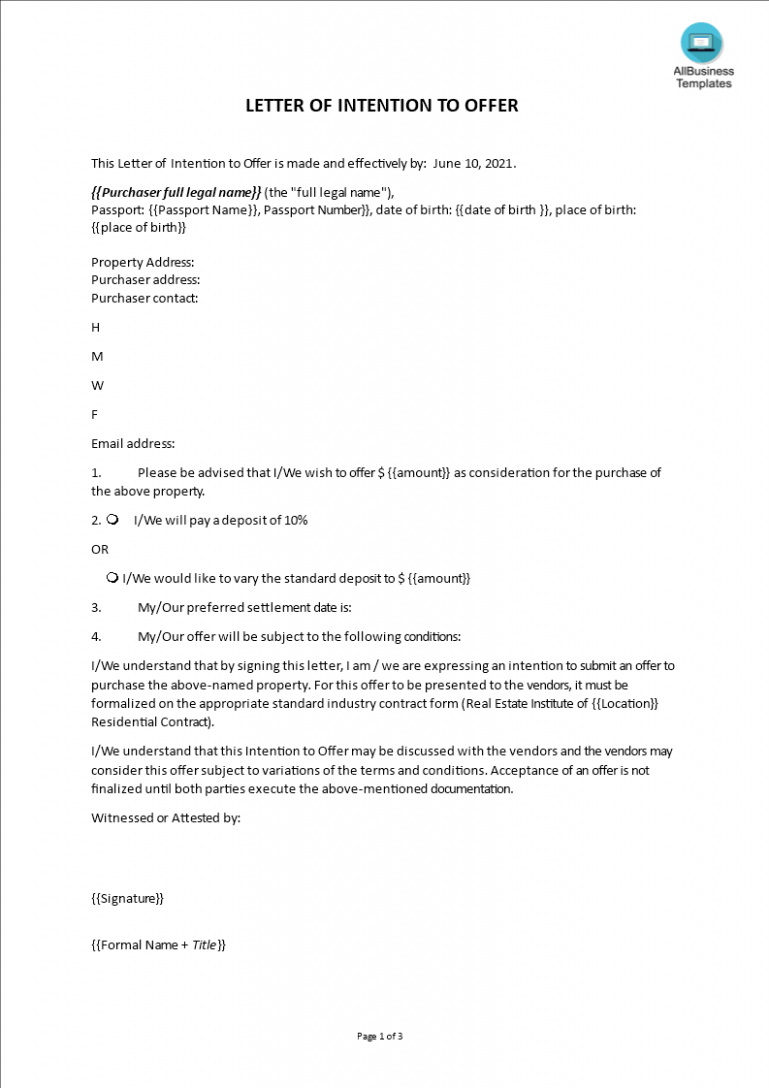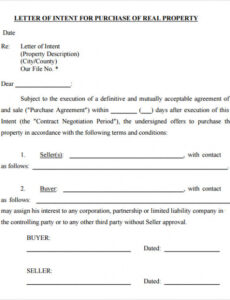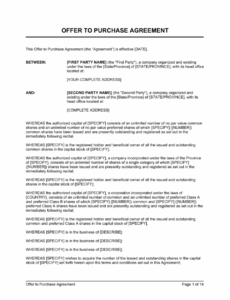Offer Letter House Template Taxpayers experiencing tax obligation debt problems rarely compare the internal revenue service deal in compromise with the Chapter 13 personal bankruptcy. Frequently, the Phase 13 will offer a extra particular treatment for the taxpayer to solve tax obligation financial debt. This short article analyzes the loved one advantages of both the offer in concession and also Chapter 13.

An offer in concession might be one of the most advertised tax remedy. You can not listen to radio or watch TV without being pounded by ads to resolve your tax obligation financial debt. Often the advertisements declare that the internal revenue service has actually revealed that leniency in the collection of the tax obligation financial debt exists for a minimal time. The unfortunate fact is that the kindness statement by the internal revenue service was typically for other issue area, such as tax obligation sanctuaries. The IRS turns down about 85 percent of all offers in compromise filed because of doubt regarding collectibility. Offers in concession are normally filed due to the fact that the taxpayer thinks the tax obligation debt can not be paid, Doubt regarding Collectibility is the most usual type of deal in compromise. Other sorts of offers in concession are outside the range of this short article.
The benefit of the deal in compromise is that the tax obligations, including the related fines and also passion, are minimized to the quantity the IRS and also the taxpayer concur can be paid. Both parties have to consent to the terms of the offer in concession. The offer in concession is a agreement in between the internal revenue service as well as the taxpayer. The terms of the agreement can be imposed against the taxpayer along with the internal revenue service.

Acceptance of the deal in concession takes place when the internal revenue service thinks that the deal goes to the very least as high as could be collected by the IRS over the one decade life of the law of restrictions. The IRS will deny an deal that is for a lesser quantity than it could or else accumulate.
The internal revenue service uses a uniform set of monetary criteria that are not flexible in both the evaluation of the amount paid monthly in an installment agreement as well as in an offer in concession. These criteria restrict the expenses for living that the taxpayer can declare are needed for living. The requirements include food, housing and energies, transportation, and also out of pocket wellness expense. The requirements might cause radical problems for a taxpayer with a reasonably higher standard of life. Overhead are not influenced by the criteria.
The evaluation of the minimum deal in compromise that will make the deal processable is the equity in the taxpayer’s assets plus the quantity that could be paid in an installation agreement over a given amount of time. The period of the future month-to-month payments thought about by the IRS relies on how the offer will be paid by the taxpayer. The internal revenue service desires 48 months of monthly repayment if the taxpayer uses a lump sum. The internal revenue service wants 60 months of month-to-month repayment if the offer is to be paid in a short term arrangement of two years or less. Nevertheless, the internal revenue service will take into consideration valid problems such as retirement and health of the taxpayer in reducing the period of the multiplier.


